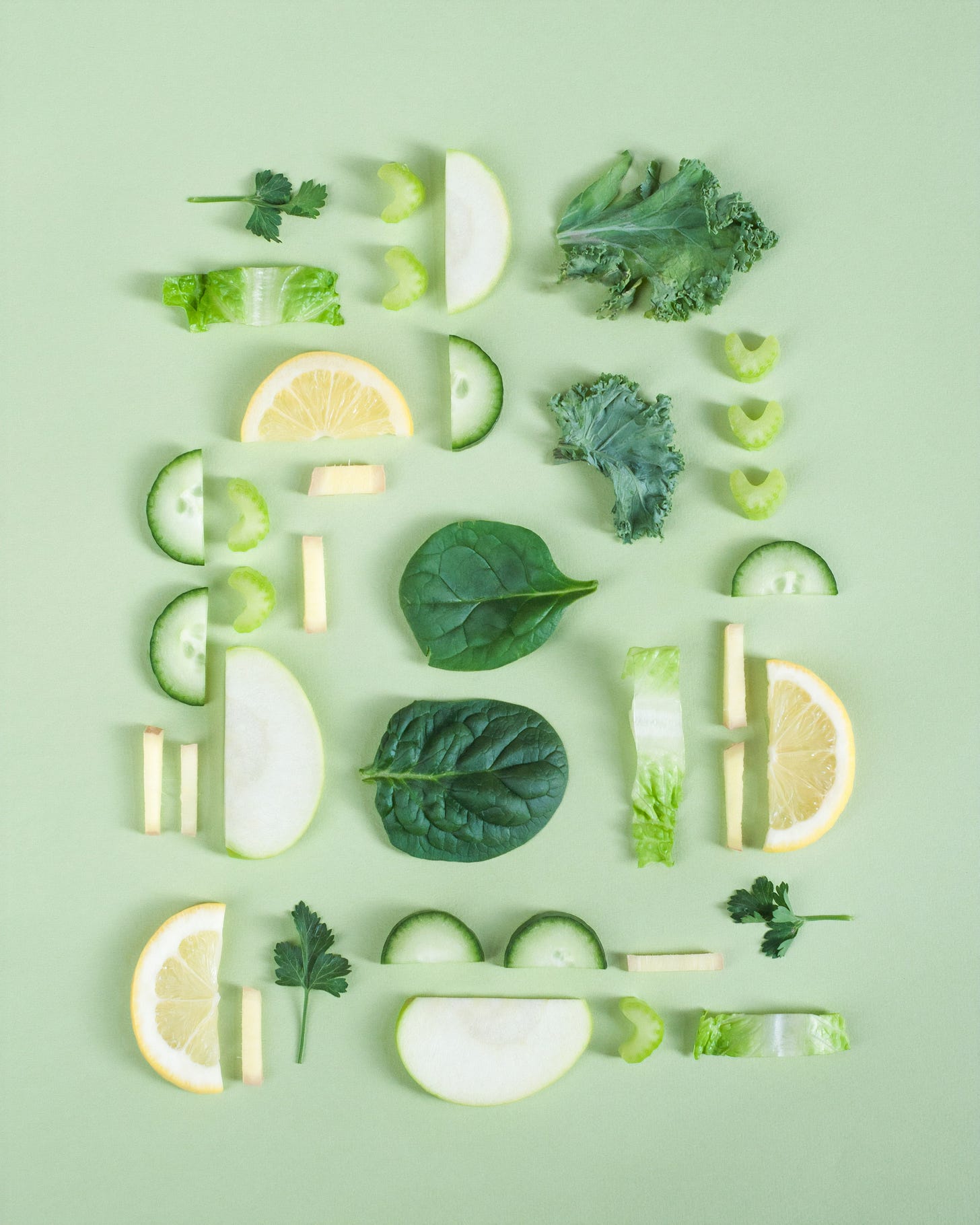In the first week of arriving in Budapest, Hungary to study abroad during college, my friend got sick. She was vomiting and had stomach pains and nausea. She went to the doctor expecting antibiotics or nausea pills, but instead, her prescription was to eat only potatoes for a few days. Surprisingly, it worked. This was one of the first times I saw a change in diet used as medicine.
What my friend experienced then—and what’s gaining popularity in the mainstream now—is Nutritional Therapy. It’s exactly what it sounds like: using diet to help treat or prevent illness. These illnesses can range from conditions like pimples and constipation to chronic diseases like heart disease, autoimmune disease, and type 2 diabetes. After all, diet is a leading cause of chronic disease in the US. Dr. Ashkan Afshin, an assistant professor of health metrics sciences at the University of Washington’s Institute for Health Metrics and Evaluation says, “Low intake of healthy foods and high intake of unhealthy foods is the leading cause of mortality, globally and in many countries.”
As trust in big pharma declines, the pendulum swings—people are looking to food as a way to help treat conditions instead of solely depending on pills. Healthcare startups like Parsley Health and Tia are using nutritional therapy as part of an integrative approach to help their patients. Nutritional therapy might look like switching over to a plant-based diet, eliminating sugar and processed food, or even adding certain foods for their nutrient content (e.g. brazil nuts for selenium).
So, does it work? Clinical research points to yes. One meta-analysis of the effects of dietary intervention in type 2 diabetes patients found significant improvements in fasting blood sugar, cholesterol, and weight. Another study looked at the effects of vegetable juice on the gut microbiome and found beneficial changes after only three days. We all know that plants contain disease-fighting and anti-inflammatory properties and compounds. Broccoli sprouts, for example, have concentrated stores of sulforaphane, which helps fight cancer cells. Raw pumpkin seeds support brain health due to their zinc, magnesium, copper, and iron content.
NYC Mayor Eric Adams famously reversed his sudden blindness with a plant-based diet. He also helped his mom get off diabetes medication through a plant-based diet in just two months. In my own experience, I’ve seen how dietary intervention can reverse menstrual pain, acne, and even food intolerances. So yes, you are what you eat; food does have a huge effect on your health.
Why aren’t doctors also prescribing some dietary changes to support their patients?
On average, medical doctors receive less than 25 hours of training in nutrition during their four years at medical school. Simply put, they might not know the best diet or foods for their patients. There’s also a longer feedback loop—it usually takes more time to notice a difference with nutritional therapy, unlike the instant effects of medication. Still, nutritional therapy can be beneficial since it can get to the potential root cause of the problem: an improper diet. Lastly, it’s hard to stay disciplined and accountable with diet change. This is why it’s helpful to work with a health coach or dietician.
Ultimately, an ounce of prevention is worth a pound of cure. While it’s great to know available therapies that can support you, maintaining a healthful diet every day is one of the best tools to live a long and healthy life!



